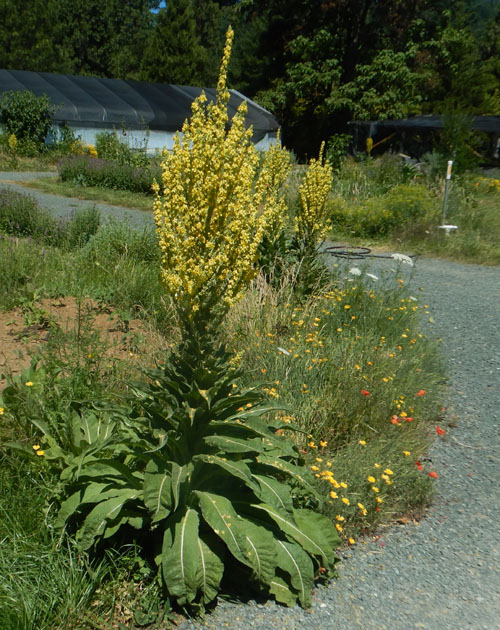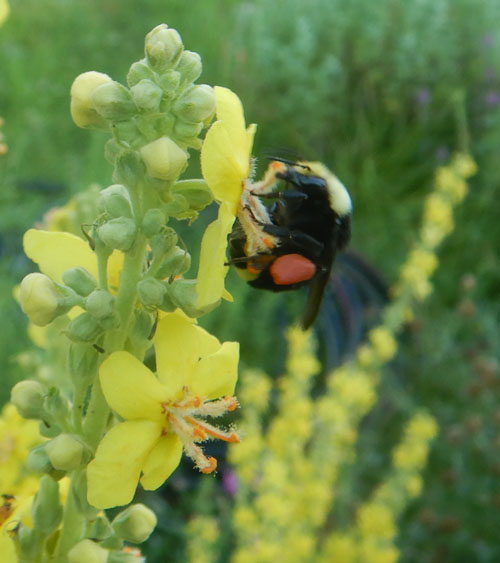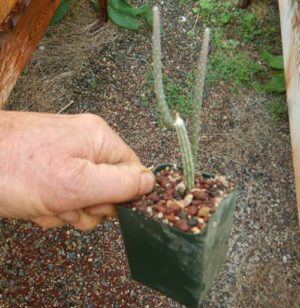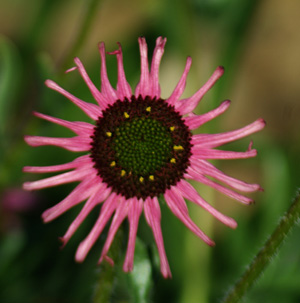Mullein, Greek (Verbascum olympicum) seeds, organic
$3.95 – $199.00
Family: Figwort (Scrophulariaceae)
Hardy to Zones 3 to 8
(Greek Mullein) Biennial to 6 feet, native to Turkey. The plant has 2 growth phases, making a large rosette of pointed leaves in the first year, rising to an impressive flowering candelabrum in the spring to summer of the second year. Traditional usage (TWM): ear oil, lymphatic stimulant. This is the most productive and best respected species to grow for flower production, and is an unparalleled nectar producer for honeybees and native pollinators. Plant prefers disturbed soil, will grow in clay, gravel or loam, likes full sun and requires only moderate water. The seeds are light-dependent germinators. Sow in spring by sprinkling on soil surface and tamp securely, then keep warm, evenly moist and in the light until germination, which is rapid. Thin or transplant to 2 feet apart.
Packet contains 100 seeds
1 g contains ~8,800 seeds
5 g contains ~44,000 seeds
10 g contains ~88,000 seeds
100 g contains ~880,000 seeds
Certified Organically Grown










Cody –
I will be growing greek mullein this year and I already have some common mullein growing like a weed in my garden. I am actually planning an experiment to try and get them to cross pollinate and hopefully produce hybrid seeds that will have some genetic traits from both species. My hypothesis is that they may have the superior leaf production from the common, as well as the desired flower production from the greek. This could be very interesting.
Upvote if this was helpful (0) Downvote if this was not helpful (0) Watch Unwatch Flag for removal
Kirsten –
Ok, yes. I knew that! Silly question, thank you for your grace and patience. ?
Upvote if this was helpful (0) Downvote if this was not helpful (0) Watch Unwatch Flag for removal
Kirsten Evans –
Richo, thank you. If I wanted to grow for both benefits, how far apart should they be planted to prevent hybridizing? Or should I only select one?
Upvote if this was helpful (0) Downvote if this was not helpful (0) Watch Unwatch Flag for removal
Richo Cech –
If you’re just using it for the herb or the flowers, you can grow both, hybridizing won’t affect anything until the second generation. if you’re planning on saving seeds, just grow one, they hybridize like wildfire. r
Upvote if this was helpful (1) Downvote if this was not helpful (0) Flag for removal
Kirsten Evans –
Is there a significant difference between common and Greek mullein? What would cause me to choose one over the other?
Upvote if this was helpful (0) Downvote if this was not helpful (0) Watch Unwatch Flag for removal
Richo Cech –
Hi Kirsten, Thanks for contacting. Greek mullein is preferred for flower production and common mullein is preferred for leaf production.
Richo
Upvote if this was helpful (0) Downvote if this was not helpful (0) Flag for removal